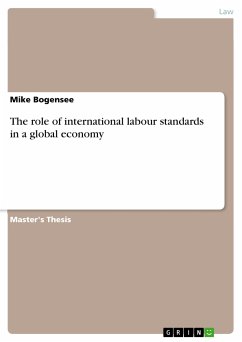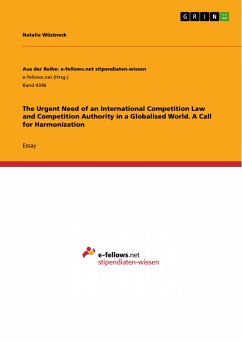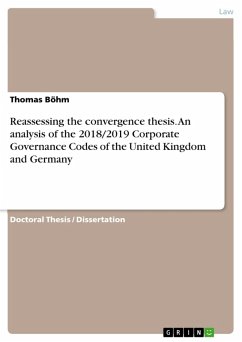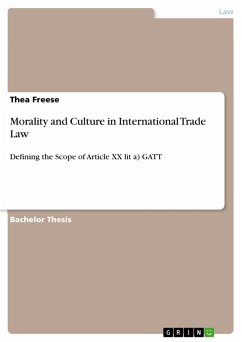Master's Thesis from the year 2011 in the subject Law - Civil / Private, Trade, Anti Trust Law, Business Law, King`s College London (School of Law), course: International Labour Law, language: English, abstract: The phenomenon of globalisation has triggered various trends and changes world-wide, affecting almost every part of life. One of the most heavily influenced realms has been labour and its legal framework. Globalisation has transformed the nature of work as well as the organisation and way in which work is performed nowadays. Due to the technical progress, Multinational Corporations have been equipped with an immense ability to relocate their business wherever and whenever they want to any part of the world, powerful enough to dictate their demands to national governments. National governments have, simultaneously, been weakened and especially developing countries are competing with each other in order to attract MNCs, often by adopting and maintaining low labour standards with the result of a feared “race to the bottom”. Additionally, the International Labour Organisation, historically the main standard-setting institution, has experienced enormous problems in the implementation process and has therefore undergone a paradigm shift. Moreover, other actors have entered the arena of “standard-setting” such as NGOs etc. This essay tries to analyse the challenges of globalisation posed to international labour standards, especially experienced by the ILO. It then continues by examining the various private measures, which have been used so far, covering both public and private measures, and reaching from e.g. codes of conducts to international framework agreements. It is argued that public and private implementation have become increasingly interdependent, and that developing and fostering this interdependency will be crucial for the prospective success and effectiveness of international labour standards in an ongoing globalising world.








